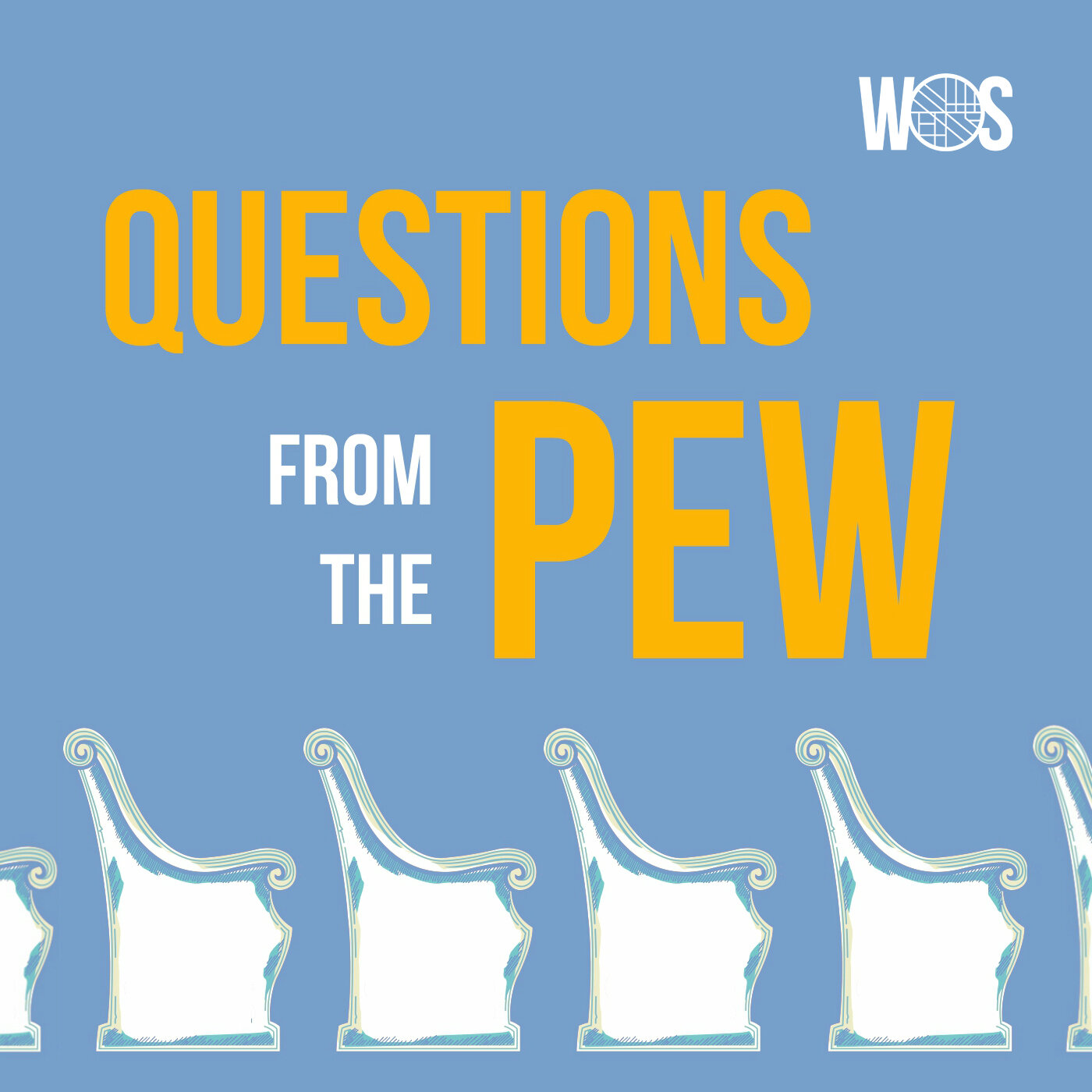Early in 2020, the world came to a screeching halt. Whole states went into lockdown. International travel was stopped. Everyone was told to go home and isolate in an attempt to slow the viral spread. Even the slightest sign of illness caused panic and paranoia. And even when solutions were proposed and created, the journey out of the pandemic was a slow and grueling one.
For the most part, we are now living in a post-pandemic America. But it is not the same America. There are few places in American life that have not been changed because of the pandemic. From politics to education, business to employment - changes were made that make getting “back to normal” impossible. And we’re still trying to figure out what the new normal is.
In this episode, we ask: How did the world respond to the COVID-19 pandemic? Did it unite or divide us? How has the pandemic and the things that came as a result of it affected the way we view humanity and human worth? All that and more on this edition of the podcast.


